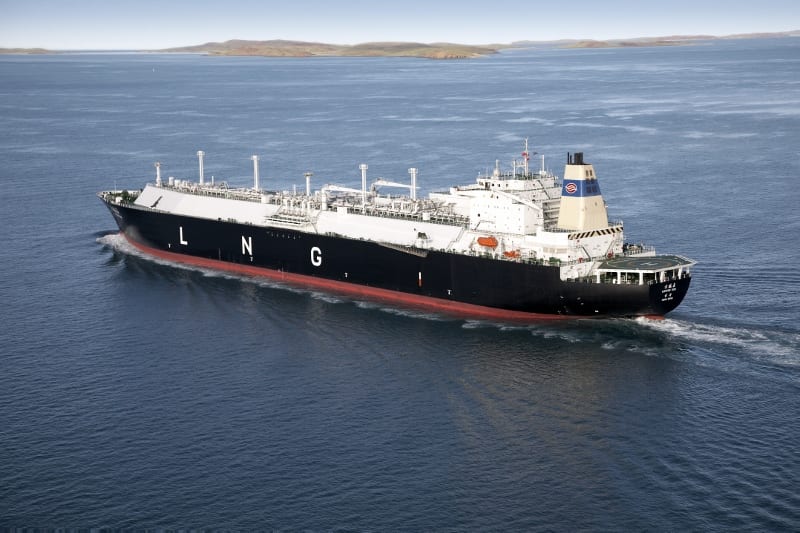
Importing liquefied natural gas (LNG) needs comprehensive investment
2016. 06. 15.
During its June 14 session, the Committee on Industry, Research and Energy (ITRE) discussed two proposals of the so-called “Winter Package” on natural gas. First, a draft regulation aiming to reform the security of European gas supplies was put on the agenda. Secondly, the EU Strategy on Liquefied Natural Gas and Gas Storage, for which EPP Group MEP Gyürk serves as rapporteur.
The draft regulation on natural gas supply aims to prevent that in case of a future lengthy pause in gas supply, similar to the gas crises of 2006 and 2009, no consumers be left without natural gas. To achieve this, the new regulation would declare the rules spelling out how member states least affected by a supply crisis would help the most affected.
András Gyürk, who also heads the Fidesz-KDNP delegation in the European Parliament, said that although he supports stronger regional cooperation, one must not forget that emergency planning is the responsibility of the individual EU Member States in the first place. A better coordination of national plans might suffice to guarantee the security of supplies. The politician emphasized that solidarity measures should only be implemented when in dire distress.
The ITRE Committee also discussed the EU Strategy on Liquefied Natural Gas and Gas Storage. Importing LNG might be a solution to an expected decrease in natural gas production within the EU, along with a diversification of sources in member states that are solely dependent on one supplier.
András Gyürk emphasized that the main goal is to increase the use of existing infrastructure, for example, LNG terminals and natural gas storages. However, new investments must be carried out where needed. According to Gyürk, “The most exposed states’ access to LNG must be supported.”
The EPP MEP stressed that building LNG terminals is not enough. For countries without LNG terminals to enjoy the positive effects of gas diversification, the current connecting pipelines as well as planned routes must be modified for bi-directional flows and accurate transfer tariffs must be implemented.
According to the rapporteur, European gas storage deserves attention because these structures have strategic importance. Unfortunately, the most recent market outlook does not foresee profitability in this industry. “In order to avoid the shutdown of the gas storage capacities, new innovative solutions must be considered by decision-makers, regulators and market players,” warned MEP Gyürk.
ITRE is expected to vote on the parliamentary report on Liquefied Natural Gas and Gas Storage at the end of September.
Background: the Winter Package consists of four dossiers on the following topics: gas supply security, international agreements on energy, the EU strategy on heating and cooling, and the EU strategy on LNG and gas storage.